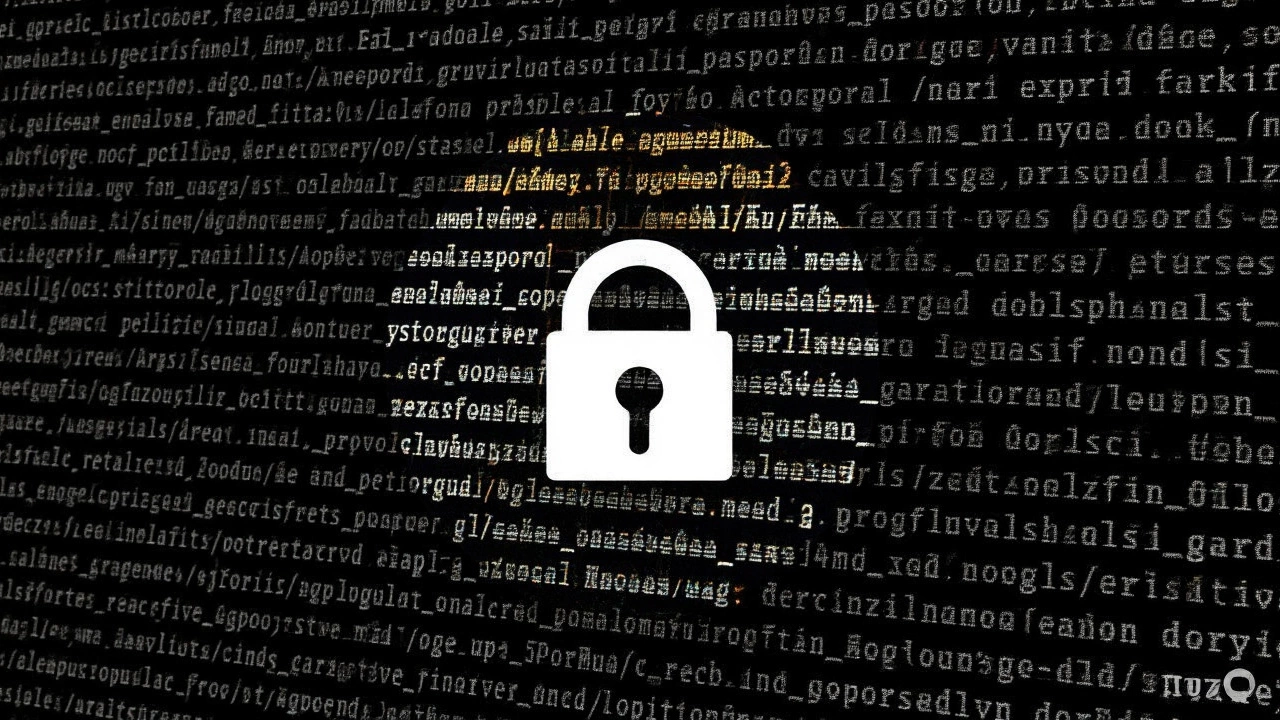Cybersecurity: What’s Happening and How to Stay Safe
Every day we hear about hacks, phishing scams, or weird online glitches. It can feel overwhelming, but you don’t have to be a tech guru to protect yourself. Below we break down the biggest stories, simple steps you can take right now, and why even motorsport fans need to care about digital security.
Top cybersecurity headlines you should know
One recent case that made the news involved a Michigan mother who used fake accounts to cyber‑bully her own daughter. The FBI got involved, and she ended up with a prison sentence. It shows how quickly a personal grudge can turn into a criminal cyber case.
Another story hit the retail world when Sainsbury’s online payments stalled because of a Visa‑Barclays glitch. The company said there was no hack, but the incident reminded shoppers that payment systems can break down and expose data if not monitored closely.
Even big‑name finance firms aren’t immune. Revolut recently announced a headline partnership with Audi’s new F1 team, promising digital fan experiences. While exciting, the move also raises questions about how much personal data will flow between fintech apps and sport sponsors.
Quick, everyday steps to boost your security
First, lock down your passwords. Use a password manager, enable two‑factor authentication, and avoid reusing the same login everywhere. It takes a minute, but it stops most credential‑stuffing attacks.
Second, watch out for phishing emails. If a message asks for a login, payment info, or threatens immediate action, pause and verify the sender. Hover over links to see the real URL before clicking.
Third, keep your software up to date. Updates often patch security holes that hackers love. Set your phone, computer, and even your car’s infotainment system to install updates automatically.
Fourth, protect your Wi‑Fi. Change the default router password, use WPA3 encryption if possible, and consider a guest network for visitors. A weak home network is an easy entry point for attackers.
Finally, think before you share. Social media posts can reveal personal details that help cyber crooks guess security questions or craft convincing scams. A quick privacy check on your favorite platforms can hide your birthdate, location, and other sensitive info.
For motorsport fans who buy tickets online or follow live streams, the same rules apply. When you sign up for a new ticketing service, use a unique password and enable any extra security the site offers. If you notice a sudden surge of failed payments, like the Sainsbury’s glitch, contact your bank right away.
Cybersecurity isn’t just for IT departments. It’s a habit you build every time you log in, click a link, or share a photo. By staying curious, double‑checking suspicious messages, and keeping your tools updated, you’ll lower the chance of becoming a headline.
Got a question about a recent hack or want more tips on protecting your devices? Drop a comment below or reach out through our contact page. We’ll keep the conversation rolling and help you stay one step ahead of cyber threats.
